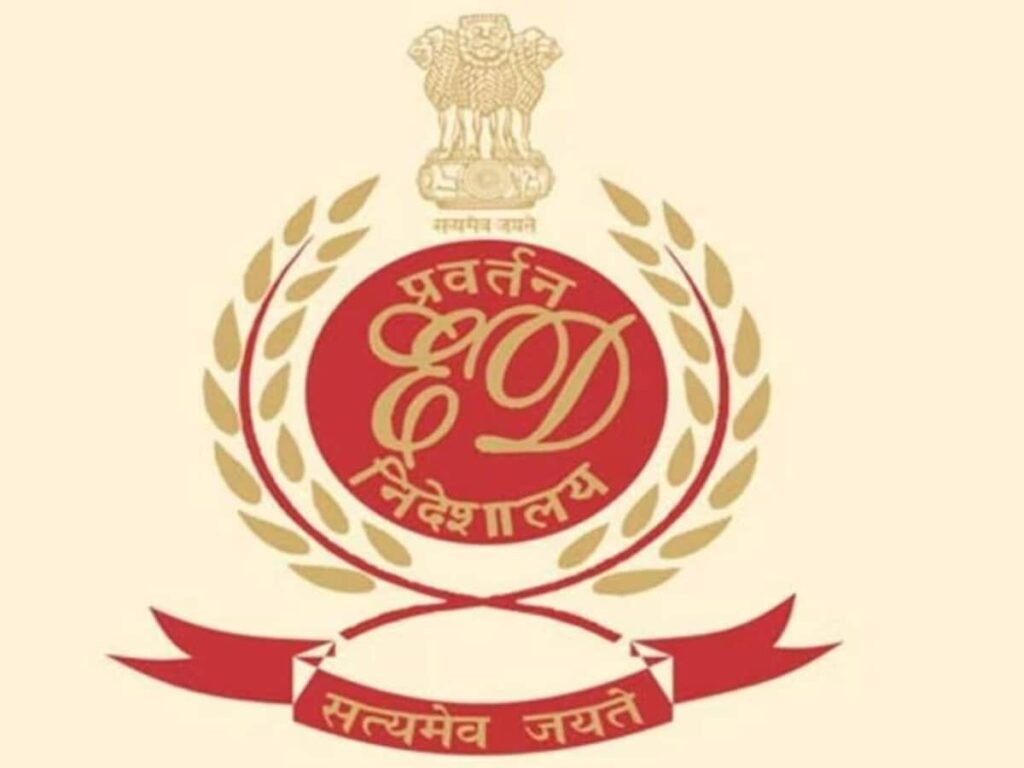In recent years, the Enforcement Directorate (ED) has made headlines for conducting raids and investigations into financial crimes and money laundering. As a vital agency under the Ministry of Finance, the ED holds a significant role in safeguarding India’s economic integrity. If you aspire to build a career as an officer in the ED, this article will provide comprehensive insights into the qualifications, recruitment process, and career prospects within this prestigious organization.
What is the Enforcement Directorate (ED)?
The Enforcement Directorate is primarily responsible for enforcing economic laws and combating financial crime in India. Established in 1956, it plays a crucial role in investigating violations of the Foreign Exchange Management Act (FEMA) and the Prevention of Money Laundering Act (PMLA). The agency is equipped with powers to conduct searches, seizures, and arrests in matters related to economic offenses.
Eligibility Criteria for Joining the ED
Educational Qualifications
To become an officer in the ED, candidates need to meet specific educational qualifications:
- A bachelor’s degree from a recognized university in any discipline.
- Candidates with degrees in law, management, commerce, or finance may have an added advantage.
Age Limit
The age limit for candidates applying to ED positions generally varies based on the post, but it usually falls between 18 to 30 years. Age relaxation is applicable for specific categories, such as SC, ST, and OBC, as per government norms.
Selection Process
The recruitment process for the ED typically includes the following stages:
1. Preliminary Examination
The first step involves a written examination that tests the candidates’ general awareness, reasoning ability, and quantitative aptitude.
2. Main Examination
Successful candidates from the preliminary exam will be called for the main examination, which includes objective and descriptive-type questions.
3. Interview
After passing the main examination, candidates will undergo a personal interview to assess their suitability for the role of an officer in the ED.
4. Medical Examination
A medical examination ensures that candidates meet the health standards required for the position.
Skills Required for a Career in the ED
A successful career in the ED demands a range of skills, including:
| Skills | Description |
|---|---|
| Analytical Skills | Ability to analyze complex financial data and deduce meaningful conclusions. |
| Attention to Detail | Catching discrepancies in financial transactions and documentation. |
| Communication Skills | Effectively communicating findings and reports to relevant stakeholders. |
| Problem-Solving Skills | Formulating strategies to tackle various financial fraud cases. |
| Integrity | Maintaining high ethical standards, given the sensitivity of the role. |
Career Prospects in the ED
A career in the ED offers numerous opportunities for growth and specialization. Officers can rise through the ranks to positions such as:
- Deputy Director
- Joint Director
- Director
- Chief of Enforcement
Additionally, officers may get the chance to undergo training programs at national and international levels, enhancing their skills and expertise in combating financial crimes.
Conclusion
Building a career in the Enforcement Directorate can be highly rewarding for individuals interested in law enforcement and financial regulation. With a clear understanding of the eligibility criteria, selection process, and required skills, aspirants can effectively prepare themselves for a role in this esteemed organization. As the demand for economic integrity continues to grow, seeking a position in the ED can lead to a fulfilling career dedicated to upholding the laws of the land.
